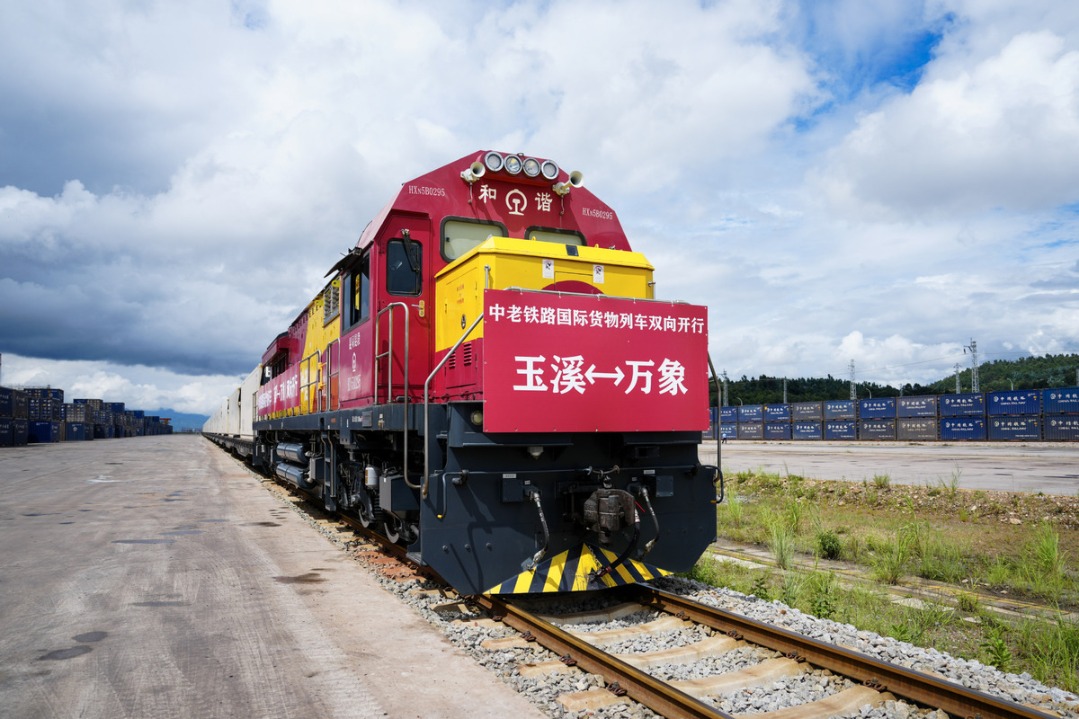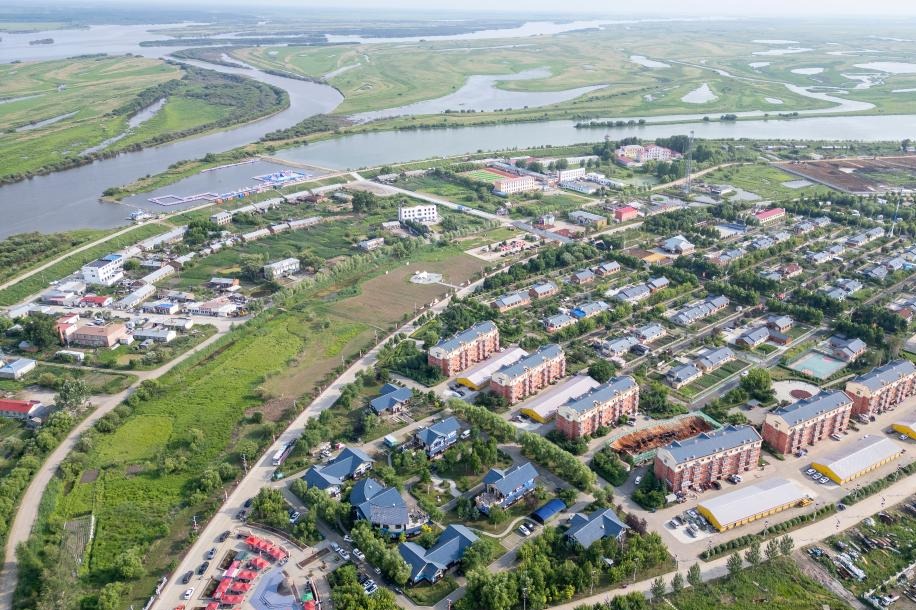BRI pioneers green infrastructure in Africa


The China-proposed Belt and Road Initiative is a vast, ambitious infrastructure and economic development project spanning across continents. As for China-Africa Belt and Road cooperation, one of its most significant and promising facets is its emphasis on green infrastructure projects, renewable energy development, and ecological conservation measures. At a time when the world is grappling with environmental challenges, Sino-African Belt and Road cooperation represents a beacon of hope for sustainable development in Africa.
If we delve into the key aspects of this cooperation, we can see its potential benefits, as well as some other aspects, which need to be further improved.
Green infrastructure is an essential component of the China-Africa Belt and Road partnership, and focuses on projects that prioritize environmental sustainability. These projects encompass a wide range of initiatives, from transportation networks to urban development.
In improving transportation and connectivity, China has played a pivotal role in helping build modern transportation infrastructure in Africa. Roads, railways and ports are being developed with an emphasis on minimizing the environmental impacts. For example, the Mombasa-Nairobi Standard Gauge Railway in Kenya, built with Chinese collaboration, uses electric locomotives, reducing greenhouse gas emissions.
In terms of urban planning, African cities are experiencing rapid growth. However, sustainable urban planning is essential to preventing environmental degradation. The Belt and Road Initiative encourages the development of eco-friendly cities with efficient public transportation, green spaces and waste management systems.
Access to reliable and clean energy is crucial, too, for Africa's development. That's why the Belt and Road Initiative promotes renewable energy projects as a sustainable solution to Africa's energy problems.
To be sure, solar power projects have been the focal point of China-Africa cooperation. China has invested in large-scale solar farms across Africa, including the Benban Solar Park in Egypt, which has one of the world's largest solar photovoltaic panel installations. These projects not only provide clean energy but also create job opportunities.
On the other hand, hydropower projects such as the Grand Ethiopian Renaissance Dam are being developed with Chinese investment. And although these projects may have triggered controversy because of the West's indiscriminate dissemination of misguided information, they have had a positive impact on society and the environment. The projects also promise substantial clean energy generation, potentially benefiting multiple African nations.
Wind energy is another area where Sino-African cooperation is flourishing. For instance, the Lake Turkana wind power project in Kenya, supported by Chinese investment, contributes significantly to the country's renewable energy capacity.
And while the ecological conservation measures taken under the framework of China-Africa Belt and Road cooperation are aimed at safeguarding Africa's unique biodiversity and natural resources, preservation of wildlife is especially important. Since poaching and habitat loss threaten Africa's iconic wildlife, joint efforts are underway to combat them by strengthening law enforcement, and better protecting the wildlife habitats, with community engagement if and when possible and necessary.
Addressing the rising concerns about desertification in many African countries, the Belt and Road Initiative has launched programs to promote reforestation and afforestation projects, so as to mitigate the adverse effects of deforestation on climate, soil erosion and local livelihoods.
Besides, sustainable management of water resources is crucial in arid regions of Africa. As such, the Belt and Road Initiative supports projects that improve access to, and storage and distribution of, water, while minimizing waste.
So what are the benefits of China-Africa Belt and Road Cooperation in broad terms? By focusing on green infrastructure and renewable energy, the partnership promotes sustainable development in Africa, reducing the continent's carbon footprint and dependency on fossil fuels, while the development of such projects creates employment for local communities, fostering economic growth and reducing poverty.
Similarly, renewable energy projects help improve access to electricity in remote, less-developed and underserved areas, having a positive impact on education, healthcare and overall quality of life.
Moreover, the measures aimed at conserving biodiversity help better protect Africa's rich biodiversity, preserving the continent's natural heritage for future generations.
But while China-Africa Belt and Road cooperation has immense potential, it can also make more careful planning and mitigation strategies to better protect ecosystems and communities. It is equally important to make sure that local communities benefit from and have a say in Belt and Road projects, in order to get their acceptance and ensure their success.
Furthermore, since the involvement of multiple international players in development plans and projects in Africa can lead to geopolitical tensions, diplomatic efforts are required to manage to address them.
In conclusion, China-Africa Belt and Road cooperation, with its emphasis on green infrastructure, renewable energy development, and ecological conservation, represents a paradigm shift in international development. It offers a unique opportunity for African countries to leapfrog into sustainable, environmentally friendly development while addressing crucial challenges such as access to energy and biodiversity conservation.
Ultimately, the partnership holds the potential to be a beacon of sustainable development and cooperation in an increasingly interconnected world.
The author is director of China Africa Institute, University of Makeni, Sierra Leone.
The views don't necessarily reflect those of China Daily.



































